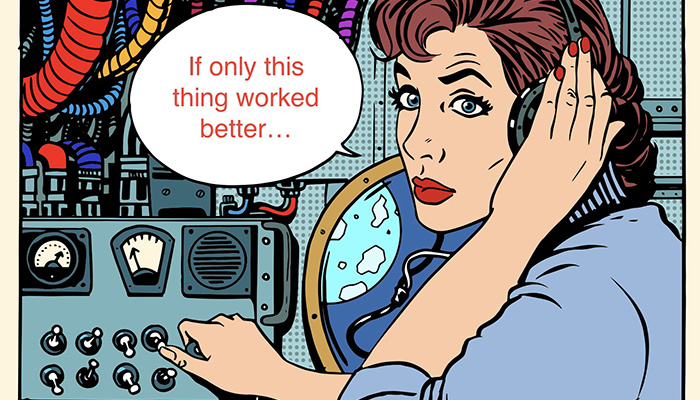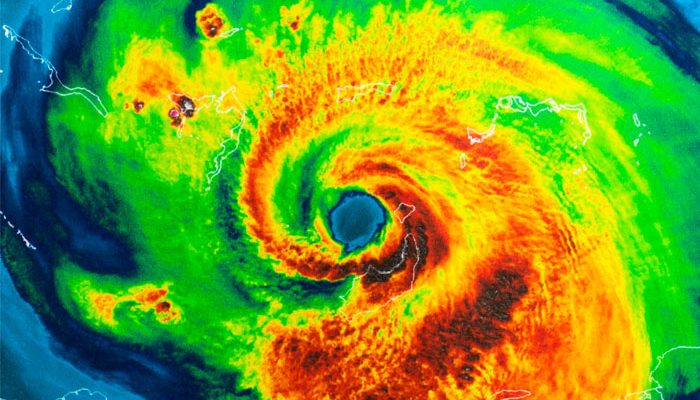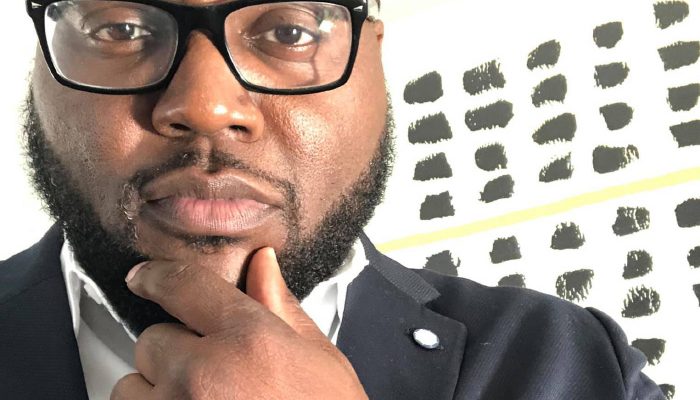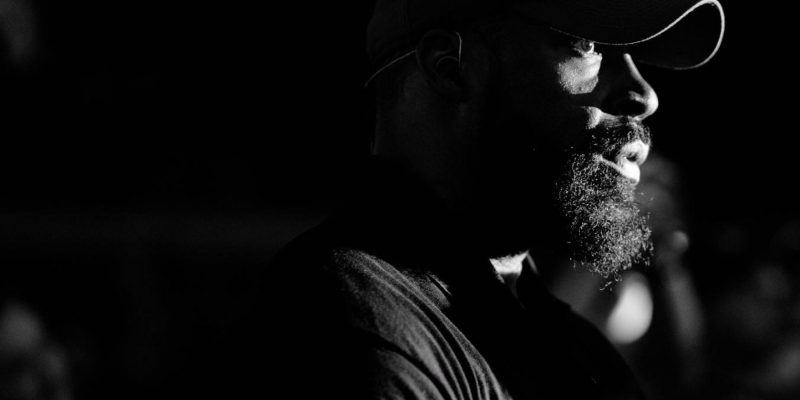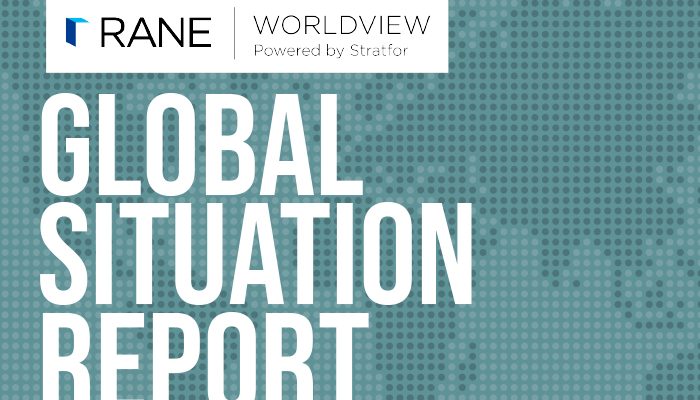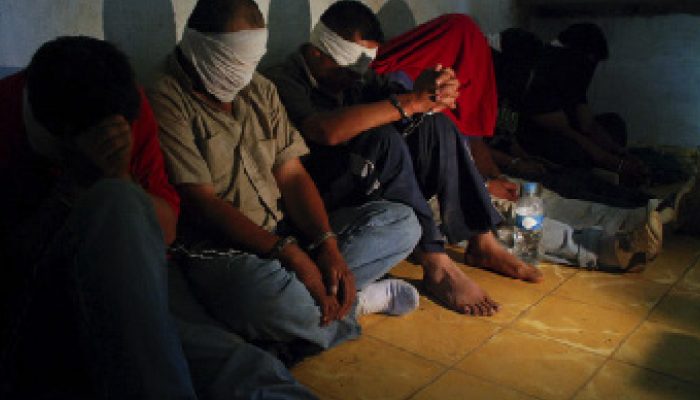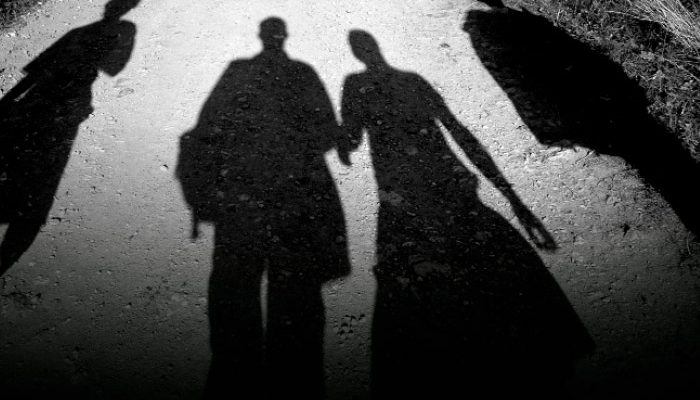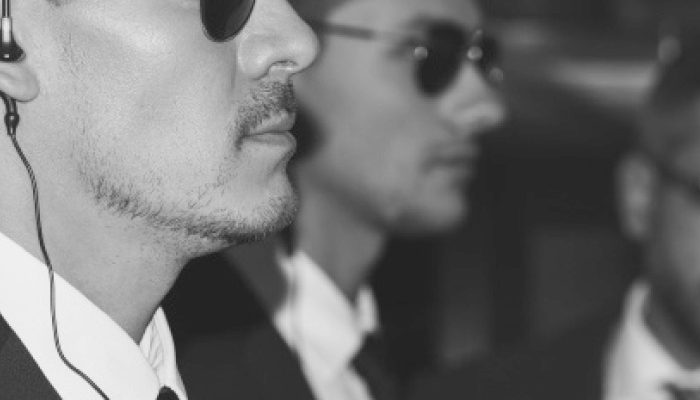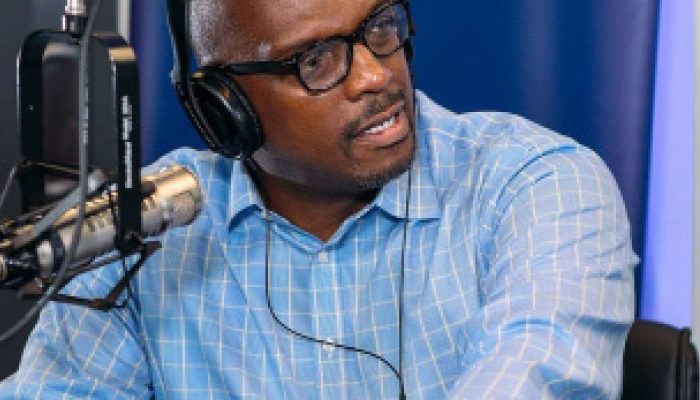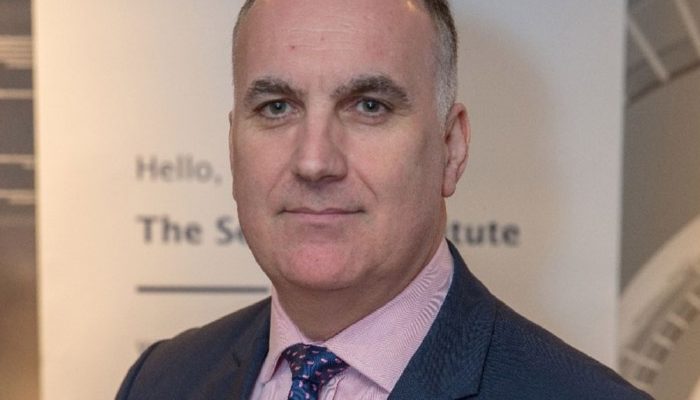If you are a professional user of traditional ‘push to talk’ two-way radio communications, this will fundamentally change the way you view the use of your radios.
Lessons Learned on Executive Protection Communication.
One important thing to realize is that the principal is the key figure in shaping the culture. Not all principals are the same. I have experience of principals that don’t want to see or hear the protectors.
Journalists Covering The Recent Hurricanes
Over the past few days, we’ve all watched journalists behaving like irresponsible children foolishly “braving” the raw elements when a handful of very responsible ones reported from hard cover still managing to show the devastation behind them. My problem with the former…it sets a scene for the future behaviour to continue with the competitiveness of […]
Establishing Your Career Path in Close Protection
To clarify, the commercial close protection industry is challenging for most people to enter, mainly because it is a very small and ‘cliquey’ world where doors usually open for people if they know the right people. So, to start with, networking is a valuable key to opening the doors.
Success In EP, What does it mean to you?
How do you define success in the executive/celebrity protection industry? How do you know when you are a success or successful? Is your success helping move you forward or is it hurting you? Success has a different meaning to every individual.
Foot Steps: Mike Brown
Mike Brown is one of those individuals who has found success as an operator by envisioning where he wanted to end up and trusting the process to take him there. In his time in the industry, he has earned his stripes and now reaps the rewards running a successful business and managing the protective detail for a very well-known public figure. I speak to Mike to learn some of his keys to success.
Keeping Your Edge: Support Those You Meet Along The Way
Over the decades I have seen many artists, label executives, managers and agents rise from relative obscurity, to monumental heights. For example, it was an amazing thing to have your Protectee ask you to pick up a 9 year old who’d won some local acclaim because of his singing ability, and take him to a meeting, then subsequently watch his meteoritic rise to arguably the top 1% in pop music, past & present.
Executive Protection 2.1
William Shakespeare said, “Defer no time, Delays have dangerous ends”. What we do now in these trying times, we will either profit from or suffer from. Why is it that some survive these times in our industry, and some do not? What steps can be taken to avoid a crisis in your employment status?
Global Situation Report – November 2021
Each issue our global geopolitical partner, Stratfor, provides an in-depth analysis of global incidents via in-house experts, cutting edge technology and through a comprehensive globally sourced network. Here is your summary from the last 30 days.
Crisis Management and Social Media
Effective crisis management invariably involves social media, whether the organization is a large multi-national or a small hometown business. When a crisis erupts, the effective use of social media should be seen as a key priority to counteract the crisis.
Industry News – At A Glance
We cast our eye over the main stories impacting the security industry. Here’s what’s appeared on the radar since the last issue. Including, attack in Afghanistan, Boko Haram Leader dead, severed heads in Mexico and Kevin Durant’s Bodyguard charged.
Nonverbal Communication
There’s something to be said about the art of reading people, especially in the protection industry. The ability to pick up on nonverbal communication is an area where most, if not all, protection practitioners are skilled.
Kidnap & Ransom – Part 1
If you are a security professional with significant high-threat worldwide protective services experience, you know that depending on the client, it may not be a matter of if your client or a family member is kidnapped, but when. You also understand that it is likely that you may not even be directly providing protection for the client at the time it happens and unable to prevent it, especially when they are alone and most vulnerable.
Confidentiality: Personal Choice or Professional code of conduct?
Surprisingly, many people who took part in the thread commented, saying that they don’t find anything wrong with it. Some of them even named their own old clients. Others tried to justify the practice of name-dropping by saying it was a former client, or that they didn’t reveal anything personal about the client, or that they had the client’s approval to post that picture or to name the client. And finally, some said their client is already pretty well-known and paparazzi are always getting pictures of them together so why hide it? Essentially, they are good guys, and how dare we criticize people we don’t know. These were a number of the comments from individuals who either work in the security industry as operatives or own companies and hire agents to represent them.
Protecting Private Families – A Unique Dynamic
What happens when there is more than one primary client? What happens when the “primary” becomes two, three, four, or more? What happens when your client instructs you that their two-year-old, is the primary “client” on a particular day or outing?
No Cutting
Throughout my nine years of experience in the Executive Protection (EP) industry, I’d like to think that I’ve achieved many significant accomplishments.
Having traveled to over 30 countries, building executive protection and estate teams, embarking on 10 major worldwide tours and transitioning from field agent to Director of Security. Despite my successes, I’ve still felt like a student at best, but now finally considering myself a Specialist. Naively, many young protectors are eager to consider themselves “specialists” without undergoing the proper mentorship and gaining the practical experience needed to hold this title.
What is Executive Protection?
In the past, I viewed Executive Protection (EP) as persons who provided corporate level protection. This was the guy who only walked with the CEO, politician, or other important corporate executives and dignitaries. With my limited understanding, I didn’t think of those who drive these same individuals as being considered Executive Protection agents as well. As an EP specialist, I now understand and have experienced some of the vast role’s EP work will encompass.
Death Of The Solo Specialist
It’s not unusual for practitioners of our craft to find themselves operating as a “solo specialists” alongside their respective clients. The question is, are these days slowly coming to an end? If they are, how will we be able to convey this to our clients?
Foot Steps Episode 1 – Kevin Ghee
My transition was a tricky one. Coming from a field where we are trained to address crime once it happens, mentally it leaves you in response mode. EP is very proactive, as such, we must anticipate what could happen and work to mitigate that. Also, as an Law Enforcement Officer, you have control over almost every situation that you’re in. The law gives you that authority and that luxury. In Executive Protection, not so much. So there’s another shift in mindset that one must have. As an EP professional you don’t have the same authority that LEO’s have, so you can’t bark out commands, stop traffic, block public access, etc., as such, the transition was tricky. The best way I can describe it is, not difficult but also, not “easy,” so to speak.
Industry News December 2020
We cast our eye over the main stories impacting the security industry. Here’s what’s appeared on the radar since the last issue.
